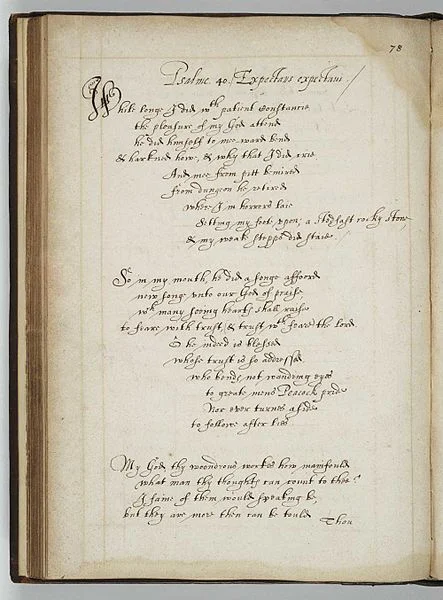The creation account in Genesis records that a man leaves his father and mother and holds fast to his wife, and the two become one. For Paul, writing in Ephesians 5, that is a mystery. In fact, he says, it refers to Christ and the church.
Wherever the New Testament writers uses the word mystery, it’s because they believe God has given revelation or understanding about something that has never been properly or fully understood before. Paul uses it to talk about the gospel coming to the peoples of the world and how God joins Jews and Gentiles together in Christ. In Revelation, the mystery for John is how Christ conquers through suffering, and how our present suffering is actually an assurance of eternal victory.
These things were hard for people to understand. They were mysteries.
The mystery about marriage is this. You can’t understand marriage without understanding Christ and the church.
We shouldn’t be surprised this is the case. The Old Testament prophets talked about God as the husband, and Israel as the (sometimes unfaithful) wife. That is why, when Jesus came, he identified himself as the bridegroom. That was a bold statement, because those listening to him would have recognized it was yet another way Jesus was identifying with Yahweh, claiming to be God.
Here, Paul goes right back to the garden. The mystery is that God designed marriage to reflect something that was in his mind long before marriage existed. It was designed to reflect the relationship God was creating between the real bridegroom and the bride -- between Christ and the church.
This real marriage was planned in the counsel of God long before men and women were ever joined to one another. Human marriage is not what helps us to understand the union of Christ and the church. The union of Christ and the church is what helps us to understand what human marriage is meant to be.
And this is exactly what Jesus understood when he identified himself as the bridegroom and the church as his bride.
And this is why, as Christians, we place such an incredible value on marriage.
Marriage, above every other human relationship, reflects the union of Christ and his church. It gives endless opportunity for the laying down of one’s life, for the giving of love to another, to dying to oneself, for learning more of the agape love Christ showed for his church.
The relationship between Christ and his church lifts marriage to the highest place. It places upon both partners enormous responsibilities. Yet it offers unbelievable blessings.
And it helps to make us ready for that great and climactic moment of all history, when the last chapters of the Bible reveal when the marriage planned before the foundation of the world will comes to its full consummation: “Hallelujah! For the Lord our God the Almighty reigns. Let us rejoice and be glad and give him the glory, for the marriage of the Lamb has come, and his bride has made herself ready... And I saw the holy city, the new Jerusalem, coming down out of heaven from God, prepared as a bride adorned for her husband.”
So take your eyes off your imperfections and those of your spouse. Set your vision on Jesus instead. His mission is to make your imperfect marriage a reflection of his eternal glory. And to show that glory through your marriage to the world as it watches you - and sees Jesus at work.



